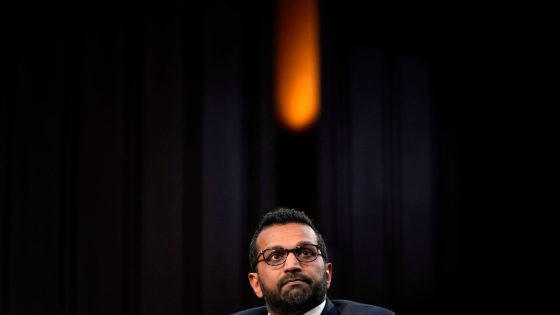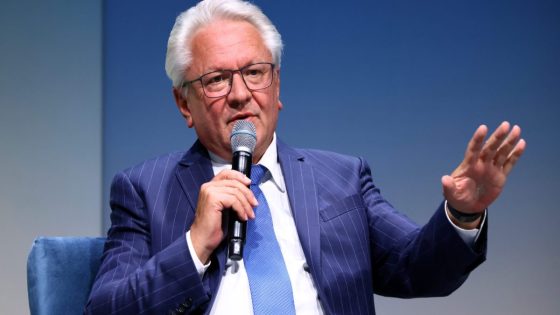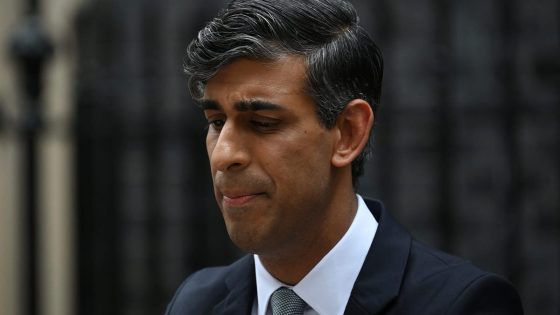On February 9, 2025, Kash Patel, Donald Trump’s nominee for FBI director, is facing scrutiny over his financial ties to Shein, a fast-fashion retailer. Reports indicate that Patel has a stake in the company, raising concerns about potential conflicts of interest in his nomination.
- Kash Patel faces scrutiny over Shein investment.
- Received payment from Russian filmmaker with Kremlin ties.
- Involved in Russia-linked anti-FBI film project.
- Allegations of accepting money from Russian propagandist.
- Reports highlight connections to Kremlin-affiliated individuals.
- Nomination raises concerns about foreign influence.
Additionally, documents reveal that Patel received payments from a Russian filmmaker with connections to the Kremlin, further complicating his candidacy amid ongoing investigations into foreign influence in U.S. politics.
Kash Patel’s nomination as FBI director has drawn significant attention due to his financial interests and connections that could pose ethical dilemmas. His stake in Shein, a company often criticized for its labor practices, has led to questions regarding his ability to lead an agency responsible for upholding justice and integrity.
Key details include:
- Patel’s financial stake in Shein, which may conflict with his responsibilities as FBI director.
- Payments totaling $25,000 from a Russian filmmaker known for producing anti-FBI content.
- Concerns from lawmakers about the implications of these ties on national security and law enforcement integrity.
Moreover, Patel’s involvement with a filmmaker connected to the Kremlin raises alarms about foreign influence in U.S. governance. Critics argue that these associations could undermine public trust in the FBI, particularly as the agency navigates complex issues related to national security and foreign interference.
In summary, Kash Patel’s nomination is under intense scrutiny due to his financial interests and connections to foreign entities. These factors may hinder his ability to effectively serve as FBI director and raise broader concerns about the integrity of U.S. political appointments.

































